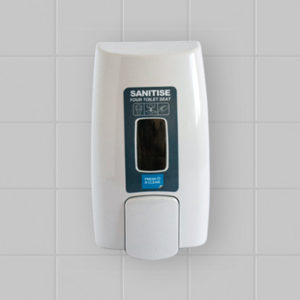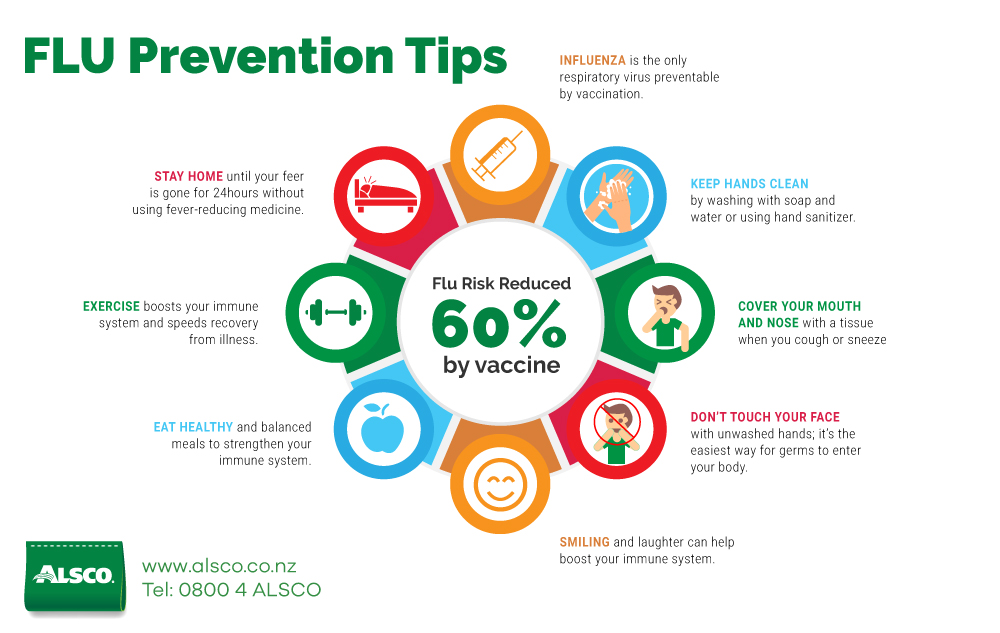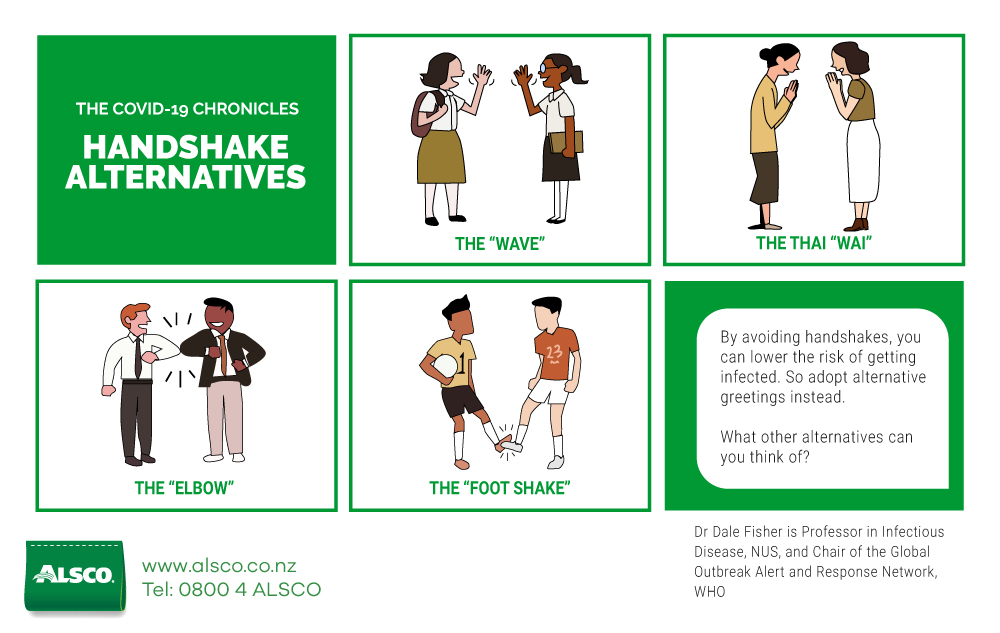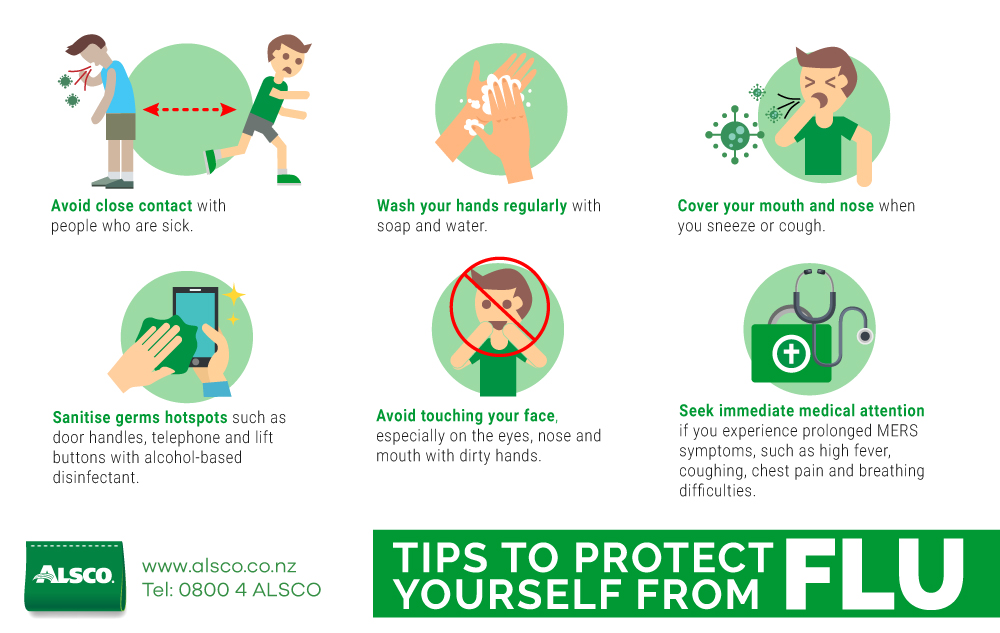The flu season is upon us, and you need to get prepared. The best cure is prevention, and we want to ensure you’re well-informed to protect you and your family.
There are some simple steps you can do today to improve your defence against the flu.
Causes of the Flu
It is important to know how the flu is spread so prevention tactics are more effective.
The influenza virus causes the flu by infesting the throat, lungs and nose. It spreads when people send droplets of the virus in the air through sneezing, talking or coughing. Touching surfaces with the virus on it can infect you if you touch your face with your hands.
Did you know it is possible to spread the cold before you start showing symptoms? People with weaker immune systems, like children and sick adults, are infected for a longer time.
Flu Risk Factors
There are people who are more prone to catching the flu. For these high-risk people, influenza can be deadly and lead to complications. The following people are at high risk:
- Anyone with lung illnesses like asthma or cystic fibrosis
- People with heart disease
- People with chronic kidney conditions
- Diabetics or people with metabolic disorders
- Morbidly obese people
- Anaemic people
- People with immune-suppressing diseases or treatments
Prevention Against the Flu
There’s good news! The flu is the only respiratory disease that is preventable by vaccination. Prevention measures will reduce the risk of catching the flu. When you make these part of your lifestyle, you’ll manage the flu virus.
1. Practice Good Hand Hygiene
With proper hand washing habits alone, you can avoid most respiratory diseases. These are the diseases we give ourselves when we transfer germs from our hands to our faces. The germs come from touching dirty surfaces or coming into close contact with infected people. The flu virus can live on hard surfaces for 24 hours, so it’s good to pick up the habit of washing your hands.
Essentials you need to have are hand sanitiser and antibacterial wipes. They help you keep your hands as clean as possible. You can also wipe down surfaces you need to touch. Especially in public spaces. Use your sanitiser throughout the day when you are unable to wash your hands.
In addition to washing your hands as often as possible, make an effort not to touch your face. It’s harder than you think. This is why you should keep your hands as clean as possible..

Proper hand washing technique recommends washing your hands for 20 seconds. Use warm soapy water if possible. Cold water works fine as well. After washing your hands, dry them with a paper towel and then dispose of it. Add helpful posters in your workplace to remind the team about hygiene.
In public areas, avoid using a hand towel because it could become a hub for germs.
Sneeze or cough strategically to avoid touching your face. Use your elbow or a disposable tissue for best results.
Do you know the proper hand washing technique? Here is what you need to keep in mind:
- Using an alcohol-based hand sanitiser:
- Use a small amount of sanitiser and place it on your palm.
- Rub it all over your hands until it dries off.
- This should take around 15 seconds or more.
- At a sink:
- Wet your hands and use liquid soap if available. You only need a coin-size amount of soap on your hands.
- Rub your hands until the soap lathers up.
- Rub over the top of the hands, in between fingers and around the fingernail area.
- Be thorough and take at least 20 seconds rubbing your hands. To time yourself, sing your favorite song. A common example is the ‘Happy Birthday’ song. Sing it twice.
- Rub your hands with a paper towel to dry them. Use the towel to turn off the tap and open the door.
- Avoid using a hand dryer when you can. Paper towels are the most hygienic method.
2. Get a Flu Shot
A flu shot reduces the risk by about 40-60% when the vaccine is well-matched to the prevalent flu. The vaccine works by triggering antibodies within two weeks of taking the shot.
Antibodies help fight the flu strains contained in the vaccine. Although side effects are reported in some people, you cannot get the flu from a flu vaccine.
Who should get a flu shot?
The shot is available for everyone above six months. Get one every year. Discuss with your doctors beforehand to ensure it is safe for you to receive the flu shot. People with allergies and specific conditions can get bad reactions from the vaccine.
If the flu vaccine is in short supply, priority goes to expectant women, children and people with weak immunity. They are at the highest risk of developing complications and need added protection.
3. Clean and Disinfect Surfaces
Clean and disinfect surfaces at home and at work. This reduces the risk of infection since the flu virus can survive for 24 hours on hard surfaces. Disinfecting kills the flu germs and prevents cross-contamination.
Disinfect publicly used items and surfaces several times a day. They include things like doorknobs, toys, light switches and telephones. Quarantine infected people to prevent them from spreading the flu to others. This is important if your loved one becomes infected. Keep them in one part of the house until they stop being contagious.
When caring for sick people at home, wear a mask and gloves when attending to them. Disinfect surfaces to keep you safe and to help the patient recover faster. Remember to always wash your hands after caring for them.
4. Improve Your Immunity Through Diet and Exercise
As you work hard to prevent getting the flu, it is important to strengthen your immune system. In case you catch the flu, you need to be able to fight it effectively. Your lifestyle choices could have weakened your immune system, but it’s never too late to improve it.
Habits that help increase your immunity include:
- Eat a balanced diet with a rich intake of fruits and vegetables.
- Lower stress levels by starting relaxation techniques, gratitude practises and taking breaks.
- Get enough sleep to allow your body time to heal and recover from the business of living.
- Get active and ensure you have moderate daily exercise to keep your body in good shape.
- Make good hygiene a habit to prevent cross-contamination from sick people or dirty surfaces.
- Increase your vitamin D intake. If possible, get sufficient sunlight, and take supplements and eat food rich in vitamin D, like salmon and tuna.
5. Keep Confined Spaces Hygienic
Crowded or heavy-use areas like workplaces and schools are high infection zones. They can lead to the easy spread of an epidemic. A study reveals that one doorknob can spread a virus to 40-60% of workers within 2-4 hours of contamination. It’s important to go home immediately when someone has the flu. Spreading it is very easy.
The same concern should be extended to schools. People are in close proximity and use the same facilities. Avoiding crowds is difficult, but limiting contact as much as possible is advised, especially during a pandemic. If your immune system is weak, wear a facemask when in public.
‘’Good health is good business.’’ — Paul Drechsler, Chairman/CEO, Wates Group Limited
Give a little extra love to high usage washrooms. Making courtesy flushes eliminates floating odours. Maintain good circulation in your washroom and open up windows for good airflow.
If there aren’t enough good windows, invest in a good ventilation system. Air fresheners keep the air pleasant. A great washroom keeps a workplace healthy.
Clean all surfaces to get rid of spills, discolourations and potential germs. Use good quality towels to wipe the surface for maximum absorbency and effectiveness.
Schedule deep cleaning to reach the corners that daily mopping could not. It removes all residual dirt and smells.
6. Avoid Physical Contact During an Epidemic
During an epidemic, it is better to be safe than sorry. Follow the below simple steps to minimise the spread of the flu virus:
- Avoid close contact with people who are sick.
- Stay away from work or school if you have flu-like symptoms.
- Cover your mouth with a tissue after sneezing or coughing and throw it away immediately.
- Make handwashing with water and soap a habit. Use an alcohol-based hand sanitiser when you cannot access soap.
- Disinfect all surfaces you have to share, whether this is at home, school or work.
- Wearing surgical masks has been proven to reduce the spread of symptoms by up to 75%. This was a study by the University of Michigan.
a. Avoid Touching Your Face
Many of us are unaware of how often we touch our faces. Start avoiding it. This is because most respiratory diseases are self-inflicted. We touch infected surfaces or people who spread the virus to us. The eyes, nose and mouth are especially sensitive because this is how germs gain entry into your body.
Learn proper respiratory hygiene by covering your mouth and nose. Best practise is using your bent elbow or tissues when you cough or sneeze. Avoid reusing tissues and dispose of them after use. This is because droplets spread the virus.
b. Avoid Physical Touch Greetings
Recent studies reveal that people fall short of the recommended hand washing time. Only 5% of people admit to regularly washing up for at least 20 seconds. With this in mind, it is wise to avoid direct physical contact until the epidemic is over.
Use alternative greetings to handshakes and hugs. Things like waving, bowing or the elbow shake avoid contact but maintain the social ritual of greetings. Whenever possible, work from home until the epidemic subsides. If you’re the one who’s sick, self-quarantine at home until you feel well.
Flu Prevention Starts With You
The flu is a viral infection that is preventable with a few lifestyle changes. Since influenza has a vaccine, take advantage and ask your doctor if you can have a flu shot. With the coronavirus, a vaccine is not yet available, but you can prevent catching it through other flu precautions.
If you have to move around during an epidemic, do not panic. The simple rule to remember is to keep your hands as clean as possible and keep them off your face. Wash your hands as often as you can and keep a hand sanitiser with you at all times. The same rules apply if you need to take care of a sick loved one at home. Cross-contamination is only possible if the germs enter your body.
Reduce stress by sleeping enough and spending time with family and friends. The laughter and community will keep your immunity high. Keeping your immune system strong is important in case you catch the flu. Coupled with a good diet and moderate exercise, you’ll get through flu season without a problem.
Photo: UFV








